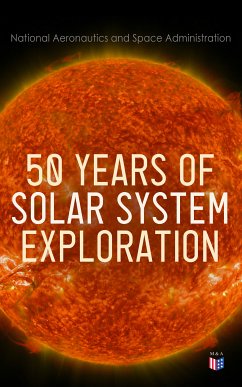NASA's first successful mission to another planet, Mariner 2 to Venus in 1962, marked the beginning of what NASA Chief Scientist Jim Green describes in this volume as "a spectacular era" of solar system exploration. In its first 50 years of planetary exploration, NASA sent spacecraft to fly by, orbit, land on, or rove on every planet in our solar system, as well as Earth's Moon and several moons of other planets. Pluto, reclassified as a dwarf planet in 2006, was visited by the New Horizons spacecraft in 2015. In this volume, a diverse array of scholars addresses the science, technology, policy, and politics of planetary exploration. This volume offers a collection of in-depth studies of important projects, decisions, and milestones of this era. It is not possible to foresee what the next 50 years of NASA's planetary exploration program will reveal. However, the 2020s are already looking promising. Planetary missions in recent years have focused more and more on exploring potentially habitable environments in our solar system and developing a more in-depth understanding of the evolution of planetary environments. It is safe to say that by 2062, our understanding of our solar system will be radically different than it is today. And we will look forward to it.
Dieser Download kann aus rechtlichen Gründen nur mit Rechnungsadresse in A, B, BG, CY, CZ, D, DK, EW, E, FIN, F, GR, H, IRL, I, LT, L, LR, M, NL, PL, P, R, S, SLO, SK ausgeliefert werden.









